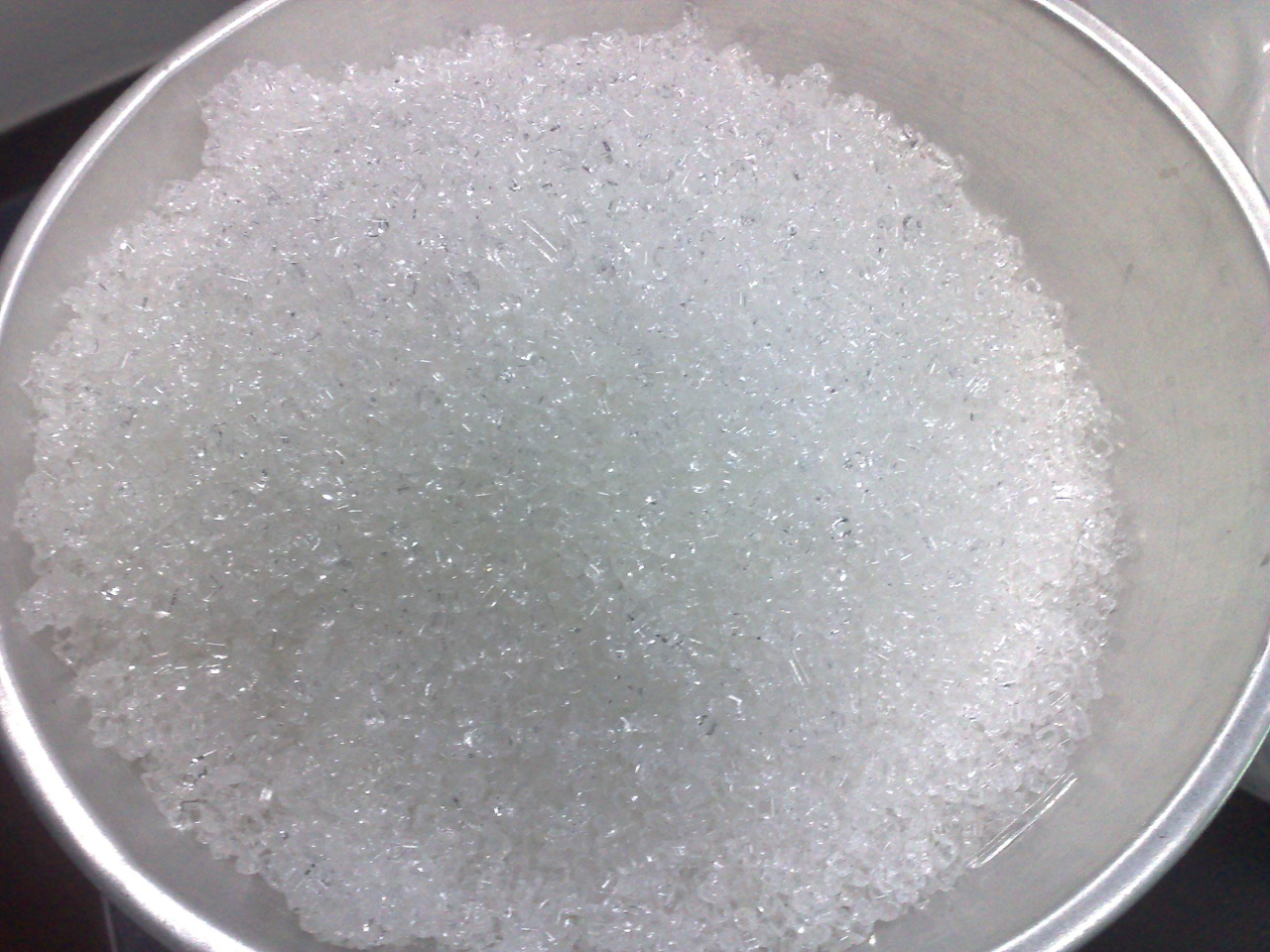Epoxy structural adhesive is a kind of structural adhesive, and it is the most reliable product in structural adhesive. Its performance is superior, and it can connect various components. The strength of its connection is comparable to that of riveting and welding, and the force is better and more uniform, and it can also improve the crack resistance and overall performance of components.

Types of epoxy structural adhesive
1. If it is divided according to strength, it can be divided into three levels, high strength level 1, level 2, and level 3.
2. According to the curing temperature, it can be divided into high temperature curing, medium temperature curing, room temperature curing and low temperature curing.
What is the use of epoxy structural adhesive?
1. It is mainly used in the manufacture of honeycomb sandwich structures in the aviation and aerospace industries, and fully bonded sheet metal structures, metal and composite metal structures, and polymer composites Combination of materials.
2. It can also be used in the manufacture of artificial satellite structures, aircraft wing skins, rocket engine shells and fuselage panels, etc., because these fields are of great importance to The requirements for epoxy resin structural adhesives are relatively strict. In order to meet the needs, it is necessary to purchase structural adhesives with guaranteed quality, which is more reassuring and has a wide range of uses. It can be used in new energy, military industry, medical care, aviation, ships, electronics, automobiles, instruments, power supplies , high-speed rail and other industries.
3. Machinery is also useful in manufacturing, especially the inlaid bonding of heavy-duty machine tool screw rods, which can more accurately grasp the accuracy and strength and can surpass the overall screw rod .
4. It should be noted that there are many types of epoxy structural adhesives. If you want to use them in the above fields, medium temperature curing epoxy structural adhesives are more suitable , has the characteristics of good dielectric properties and small deformation shrinkage, high hardness, good flexibility, and good stability to alkali and other solvents. You need to pay attention to these when purchasing, while other types can be used in construction and electrical appliances.

 微信扫一扫打赏
微信扫一扫打赏

